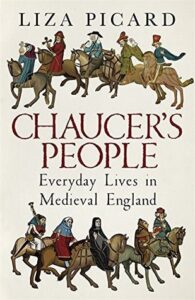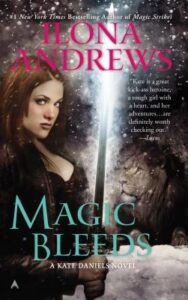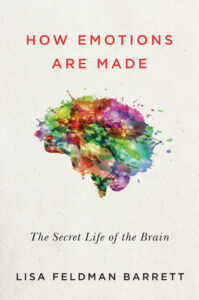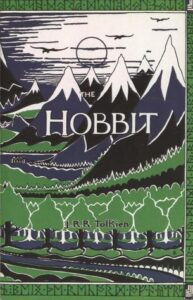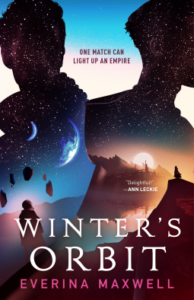 Magic Rises, Ilona Andrews
Magic Rises, Ilona Andrews
I feel really conflicted about Magic Rises. Some really epic and amazing things happen, and there’s an undeniable emotional kick to the book — the last chapter or so are a real kick in the teeth. There’s a lot of development of Kate’s story, to the point where she can’t really hide anymore: her secrets are spilling out, both to those who will accept her and those who don’t. There’s also development in her relationship with Curran, and they have an important conversation about it.
Unfortunately, that comes towards the end of a book where Curran acts frustratingly, refuses to communicate, and in fact breaks all the rules he tries to bind Kate by. And sure, he might have the very best of reasons, but it hurts Kate like hell, and the fact remains that he doesn’t trust her. He won’t come up with a plan with her — he’ll come up with a plan that excludes her, and she’s just supposed to trust him. He breaks the rules he insisted on in their relationship, and Kate’s just meant to roll with it, for her own good. It doesn’t ring true for Curran, to be honest, when I put it like that. Sure, the rolling with it for her own good is Curran all over, but he puts rules in place for a good reason and almost always abides by them.
I guess I can see it — he fights in the Midnight Games, after all, albeit after sentencing himself to weeks of hard labour — but the way he expects Kate to just trust him when he’s doing that is just gross.
So parts of this book — and especially the last two chapters or so — are a five star. The story really starts to bite again, after Julie’s miraculous escape in the last book. And yet… miscommunication is my least favourite relationship trope in fiction, and deliberate lack of communication like this is even worse. I really dislike that aspect of this book. Arrggh!



